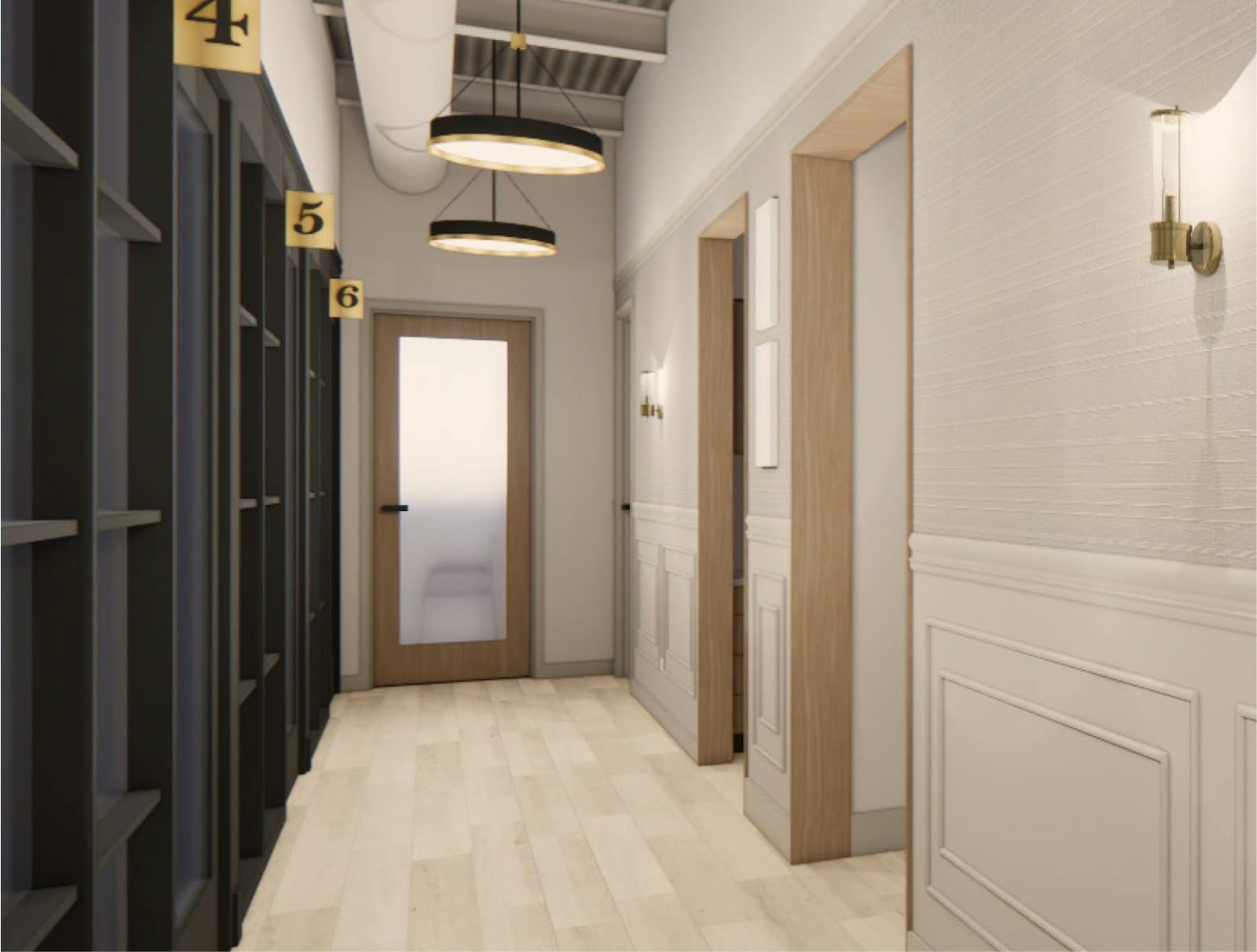Nerve dysfunction or pain affecting the arms or elbows can be diagnosed and treated under the care of the specialists at The Atlas Institute Peripheral Nerve Care in Denver.
Nerve Conditions Affecting Arms
The major nerves of the arms include:
- musculocutaneous
- axillary
- radial
- median
- ulnar
These nerves and their branches can be affected by physical conditions, including an injury, repetitive motions, metabolic problems, toxic exposure, or a health condition.










